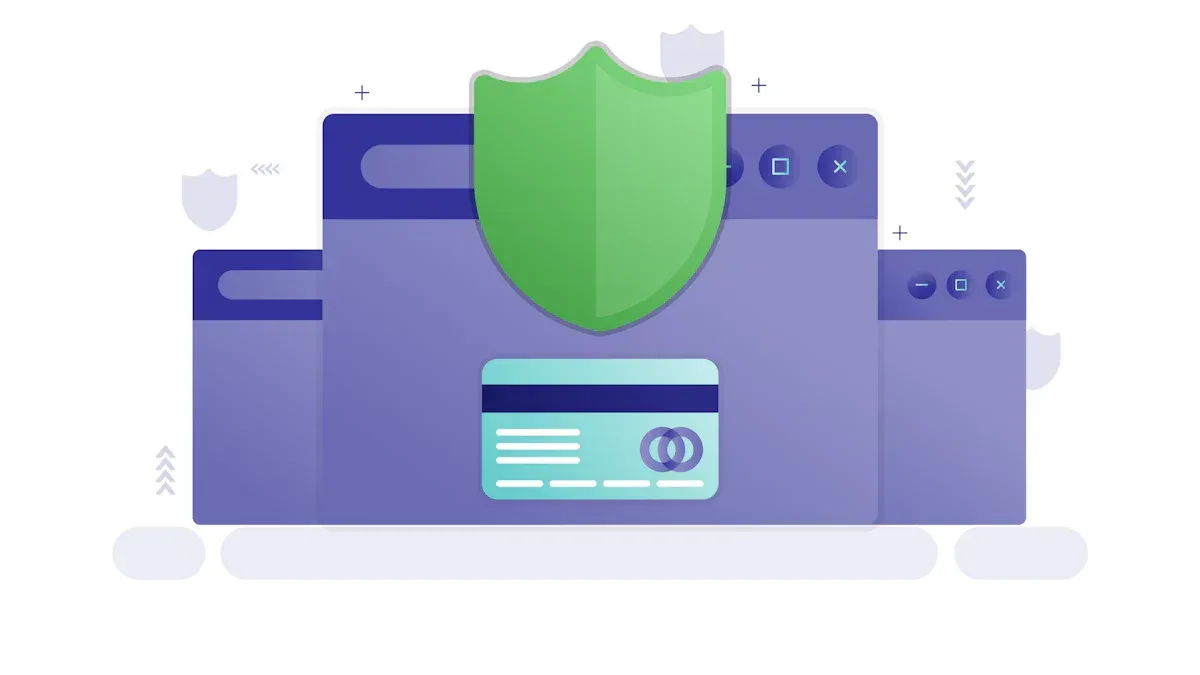
The digital economies of emerging markets are booming. Fueled by young, tech-savvy populations, demand for secure and efficient cross-border payments has never been higher. Yet, this growth is hampered by a tangled web of local regulations, fragmented infrastructure, and evolving security threats. Navigating this complexity isn’t just about technology—it’s about trust and compliance. This is where the strategic advantage of a multi-country license becomes a game-changer for payment security in regions like Southeast Asia(SEA),Latin America (LatAm), and the Middle East and Africa (MEA).
These licenses act as a master key, enabling payment providers to operate legally across diverse jurisdictions. They create regulatory harmonization, empowering trusted payment partners to build a safer, more seamless payment ecosystem for businesses expanding into new frontiers.
Why Emerging Markets Demand Robust Cross-Border Payment Solutions

Growth in these regions is staggering, driven by three powerful engines: soaring remittances requiring efficient global payout solutions, a booming cross-border e-commerce sector, and SMEs increasingly diving into international trade. Global cross-border trade continues to rise, and emerging markets are projected to contribute 62% of global GDP growth by 2025. The digital economy thrives here, with a young population rapidly adopting digital wallets and online transactions.
But this opportunity comes with a catch. Cross-border payment security is paramount in regions with evolving financial infrastructure. While banking penetration is improving, the legacy of a large unbanked population means digital solutions must leapfrog traditional systems, building trust from the ground up. Digital wallets now integrate seamlessly with e-commerce platforms, offering features like recurring payments and chargeback-free transactions—appealing to younger, tech-savvy consumers and addressing the unique security needs of these markets.
Navigating the Triple Threat: Fragmentation, Fraud, and Compliance
Expanding into these markets means confronting three major hurdles that threaten cross-border payment security.
1. Regulatory Fragmentation
Imagine a puzzle where every piece is from a different box. That’s the regulatory reality in many emerging markets. Payment systems often lack common standards and interoperable systems, creating operational inefficiencies and making transactions more complicated and costly. Each market operates in isolation, forcing payment providers to constantly adapt to absent service level agreements (SLAs) and insufficient interoperability.
2. Fraud and Data Risks
Fraudsters exploit this fragmentation. With fraudulent transactions on the rise—card-related fraud is especially high, accounting for 71% of the total value of fraudulent transactions in some regions—the risks are significant. These criminals target gaps in oversight and differences in security protocols, making robust cross-border payment security measures non-negotiable.
3. Compliance Barriers
The compliance landscape is a moving target. Each country enforces its own strict licensing rules, data protection laws, and restrictions on international flows. Keeping pace requires immense resources and local expertise, often creating a barrier to entry for all but the most dedicated payment providers.
How Multi-Country Licenses Create a Shield
So, how do you turn this chaos into clarity? The answer lies in multi-country licenses.
A License to Streamline
At its core, a multi-country license is a regulatory accreditation that allows a provider to operate across borders within a region. It’s a badge of legitimacy that signals a commitment to compliance. As a global payment partner, PayerMax holds licenses in key hubs like Indonesia, the UAE, Saudi Arabia, Indonesia, Philippines and so on, allowing it to offer consistent, secure services across numerous markets from a unified compliance foundation.
This approach is transformative. It replaces the nightmare of managing dozens of separate licenses with a single, streamlined framework that supports seamless global payout solutions. The result? Reduced overhead, faster entry into new markets, and a laser focus on cross-border payment security instead of bureaucratic red tape.
The Harmony of Regulation
This isn’t just about convenience; it’s about regulatory harmonization. Multi-country licenses help forge a more unified regulatory framework, raising the security bar for everyone. They promote:
Standardized Requirements: Creating consistent rules that providers must follow.
Improved Security Practices: Ensuring high-level fraud prevention and data protection are implemented uniformly.
Operational Efficiency: Leading to faster, cheaper, and more reliable transactions for end-users.
The Tangible Security Benefits
The real-world impact of this harmonized approach translates into concrete security benefits.
Building Trust Through Transparency
Providers leveraging these licenses offer tools that build undeniable trust. Real-time payment tracking, transparent pricing with no hidden fees, and detailed audit logs give businesses full visibility and control over their cross-border payments, turning a leap of faith into a managed process.
Proactive Fraud Prevention
With a mandate to meet high regulatory standards, licensed providers deploy top-tier security: advanced encryption, dynamic risk scoring, real-time monitoring, and strict KYC verification. This multi-layered defense is crucial for protecting against the sophisticated fraud targeting international transactions.
Robust Oversight and Monitoring
A multi-country license subjects the provider to consistent oversight from regulatory bodies. This creates a level playing field and ensures that cross-border payment security protocols are proportional to the risks, effectively closing the gaps that fraudsters love to exploit.
Choosing the Right Payment Partner: A Real-World Imperative
The theory is solid, but what does this look like in practice? Consider a provider like PayerMax, which holds licenses across Southeast Asia and the Middle East. This allows them to:
Offer local acquiring in dozens of countries, boosting approval rates.
Provide global payout solutions with multi-currency accounts that simplify reconciliation.
Ensure every transaction complies with local regulations, mitigating risk for their partners.
The lesson is clear: success hinges on adaptation. The right payment partner doesn’t just have a license; they have the local talent, partnerships, and technology to navigate evolving regulations while optimizing the user experience.
The Road Ahead: Collaboration and Innovation
The future of secure cross-border payments in emerging markets will be built on two pillars: collaboration and innovation.
Regulatory collaboration between governments and industry is essential to further harmonize standards and reduce barriers. This ongoing dialogue is key to fostering safe financial inclusion.
Simultaneously, technology innovation will continue to be a major force. AI and machine learning for fraud detection, tokenization to secure sensitive data, and biometric authentication are already setting new standards for cross-border payment security and user convenience.
Conclusion: Security as a Strategic Foundation
In the dynamic landscape of emerging markets, cross-border payment security is the bedrock of sustainable growth. Multi-country licenses are the powerful tool creating this security, enabling the regulatory harmonization and streamlined compliance that businesses desperately need.
Choosing a payment partner with this credential isn’t just a tactical decision—it’s a strategic one. It’s a partnership that ensures your expansion is built on a foundation of trust, security, and operational excellence, allowing you to focus on what you do best: growing your business. Partnering with the right cross-border payment provider is the cornerstone of secure cross-border payments.
FAQ
What is the main advantage of a multi-country license for a payment provider?
It allows them to operate across multiple jurisdictions under a streamlined compliance framework, ensuring legal operation and enhanced security without managing dozens of separate licenses.
How do these licenses directly improve security?
They enforce regulatory harmonization, which mandates consistent, high-level security protocols like advanced fraud monitoring and data protection across all licensed regions.
Why is this important for an e-commerce business?
Partnering with a licensed provider reduces your regulatory risk, minimizes payment fraud, and ensures smoother, more reliable transactions for your customers in emerging markets, directly protecting your revenue and reputation.
How do multi-country licenses improve global payout solutions?
By streamlining compliance across multiple jurisdictions, these licenses enable faster, more secure, and cost-effective cross-border payouts, reducing the complexity of international money transfers for businesses operating in emerging markets.